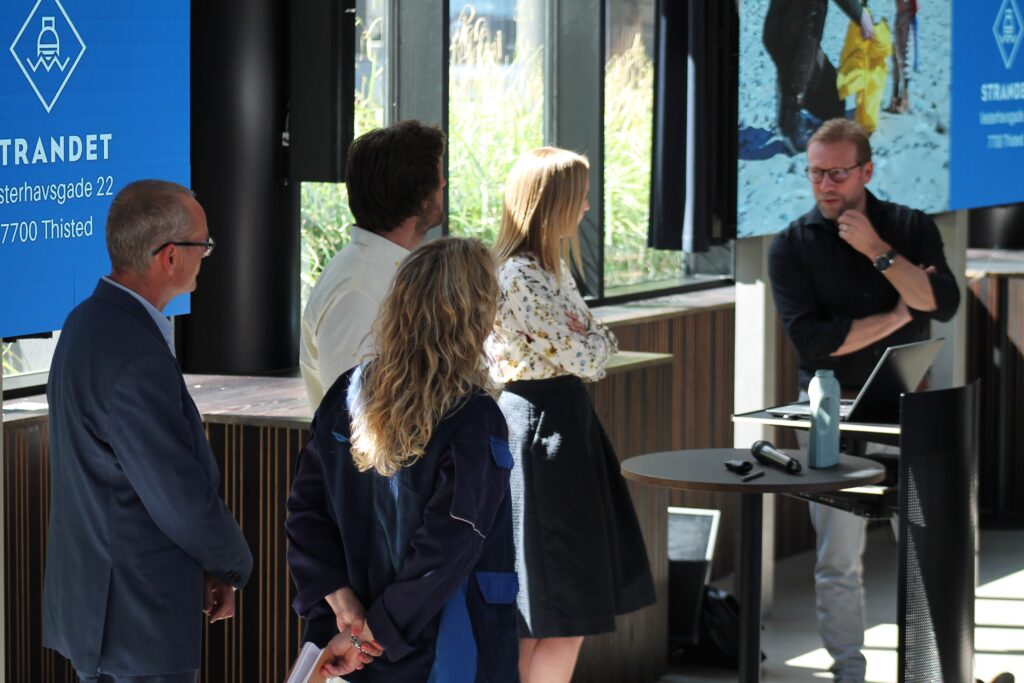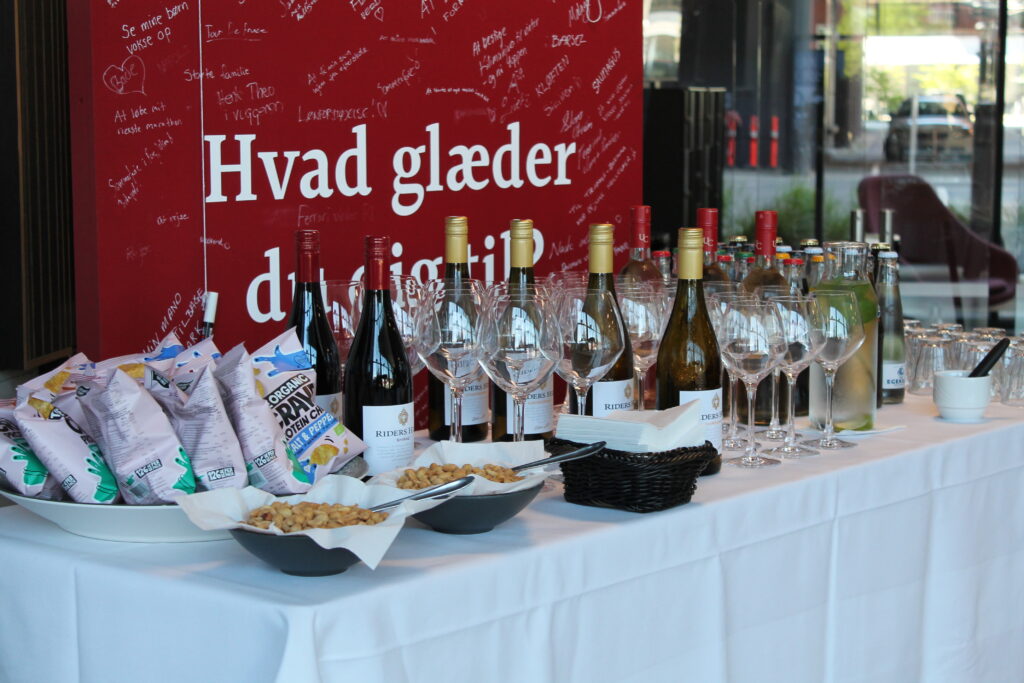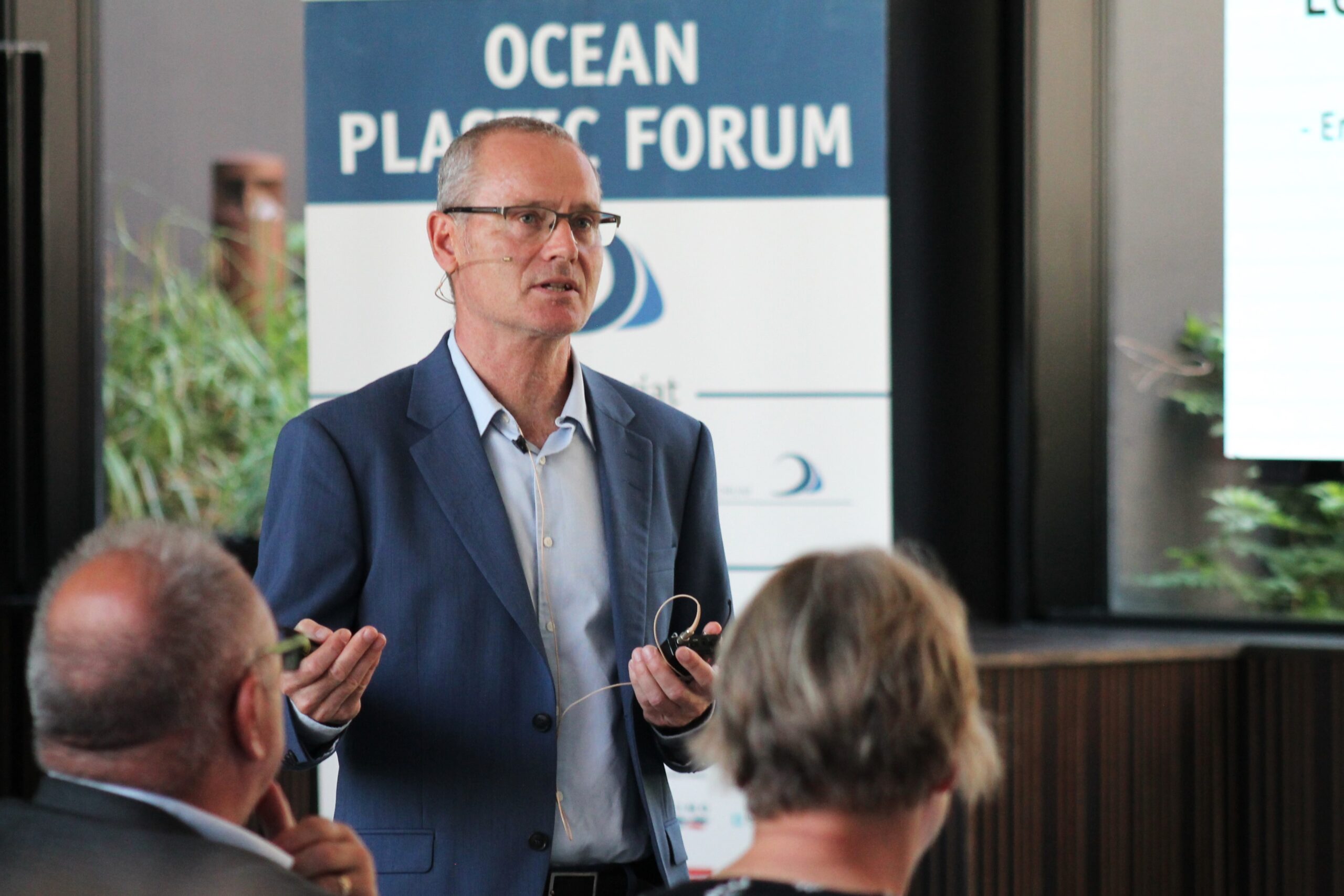How do we ensure effective partnerships?
This was one of the questions our speakers tried to answer on the 25th of June at the conference “From Sea to Shelf: Partnerships – what are they worth?”, which we held at PFA in Copenhagen.
The conference marked the end of our Next Step project, which has been running for the past three years with support from Industriens Fond. The project’s goal has been to increase the recycling of ocean plastic waste by involving all stages of the value chains – from collection to cleaning, sorting, processing, and design – thereby strengthening the commercial basis for the recycling of ocean plastic.
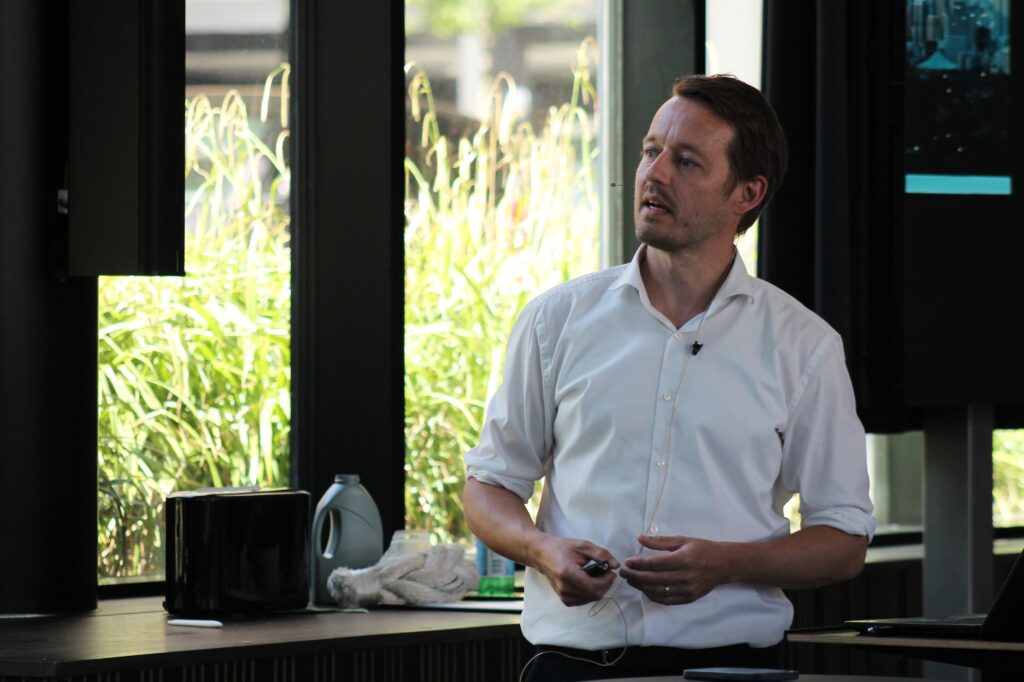
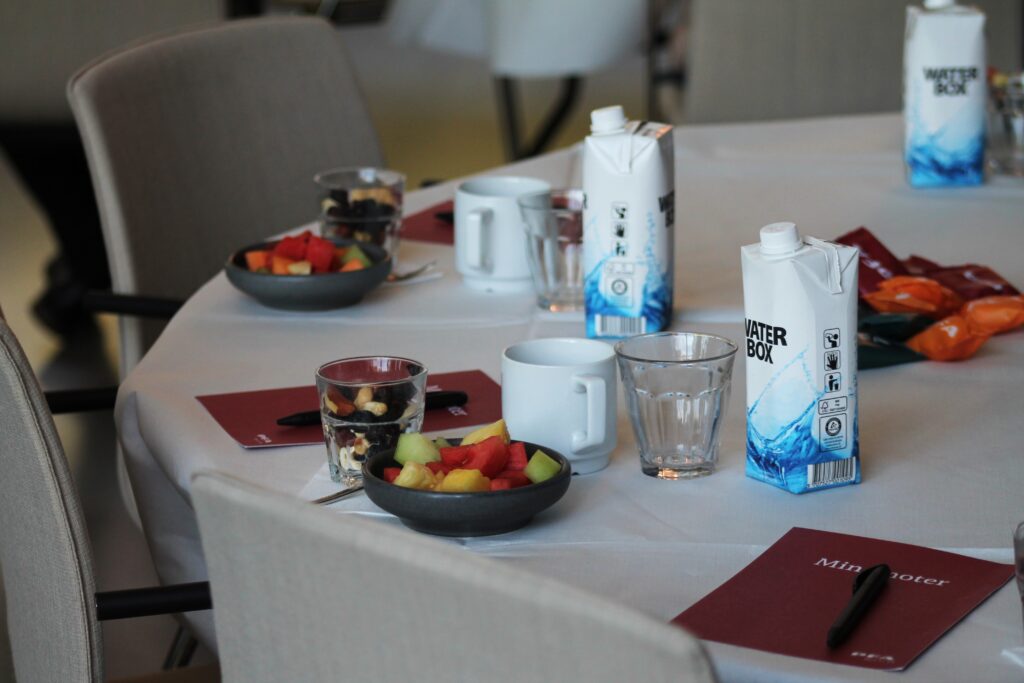
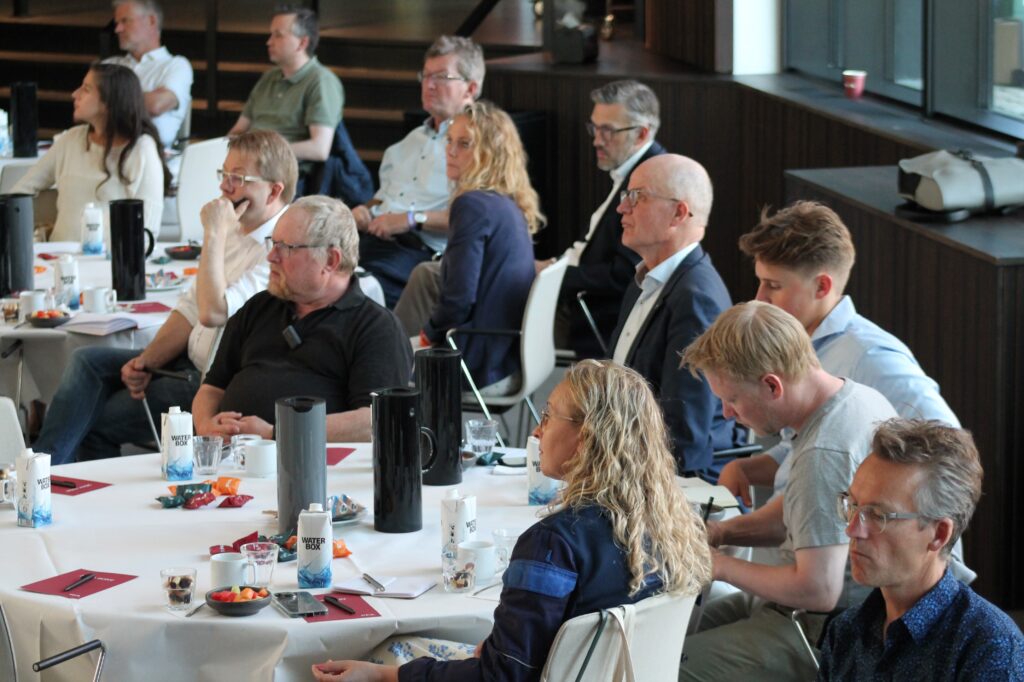
After a welcome and introduction from Rasmus Bessing from PFA and OPF’s own chairman Lars Have Hansen, we heard from Morten Mommsen about the work of the Industriens Fond and the new focus on partnerships. The project “Open Entrepreneurship” was presented as an example of how an effective partnership between universities and businesses helped turn unique research into a good business.
Head of secretariat Thomas Alstrup presented our Next Step project, discussing both the successes and the challenges. One of the most important lessons we’ve learned from the project is the need for neutral facilitation and concrete agreements when working across an industry with so many different interests.
“Only 9% of the world’s plastic has been recycled, and 12% has been incinerated,” said Kenneth Kaasgaard from Ragn-Sells Denmark. With the price of virgin plastic steadily falling over the past few years, we are facing a huge challenge, and companies like Ragn-Sells have had to turn to new forms of partnerships to create economically responsible value chains.
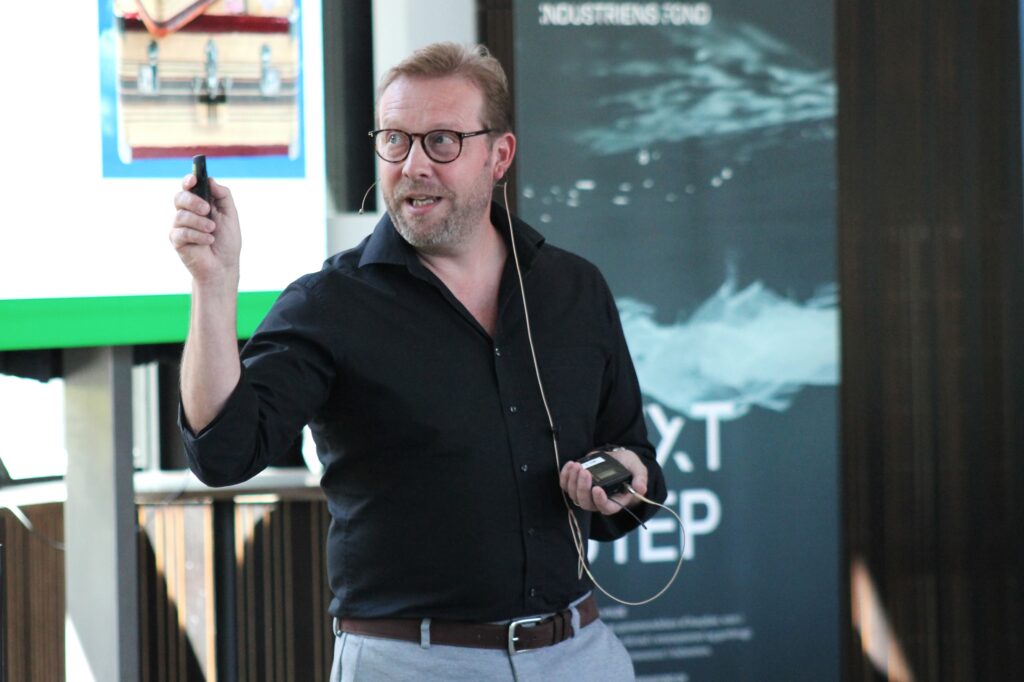
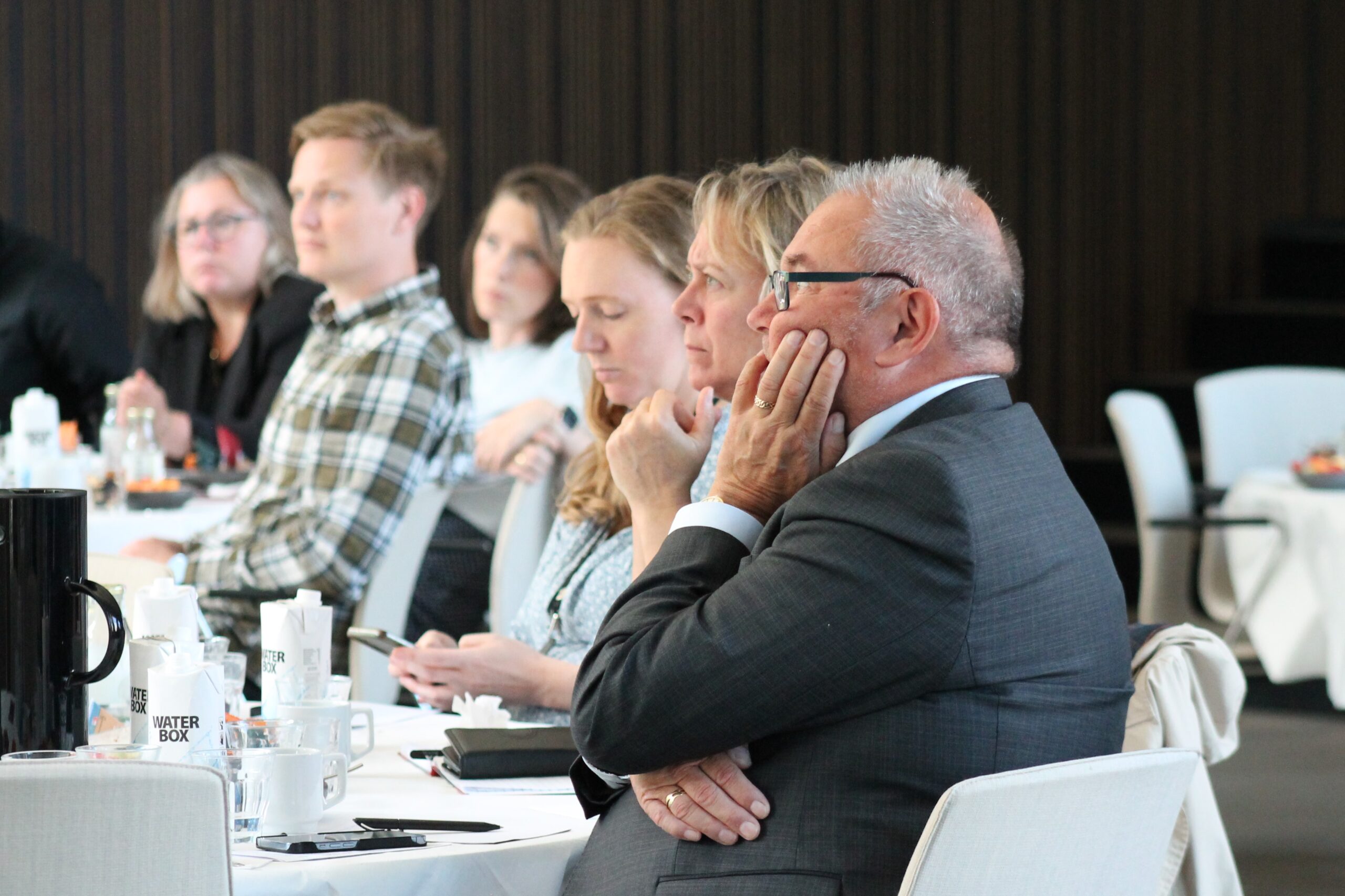
After the break, Rikke Fischer-Bogason presented two examples of successful partnerships driven by NORION. Some of the key parameters for success included sharing skills and knowledge, as well as defining clear goals and expectations. The last presentation was by Jens Wilhelm Jørgensen, who spoke about STRANDET’s very concrete model, which involves close collaboration with municipalities and schools to spread awareness about ocean plastic pollution on the West Coast.
In the following panel debate, we had Maria Fryd Wehler from Wehlers as the moderator, and with a few questions from the audience, it became an interesting discussion about hopes, expectations, and concrete goals in the recycling of ocean and household plastic.
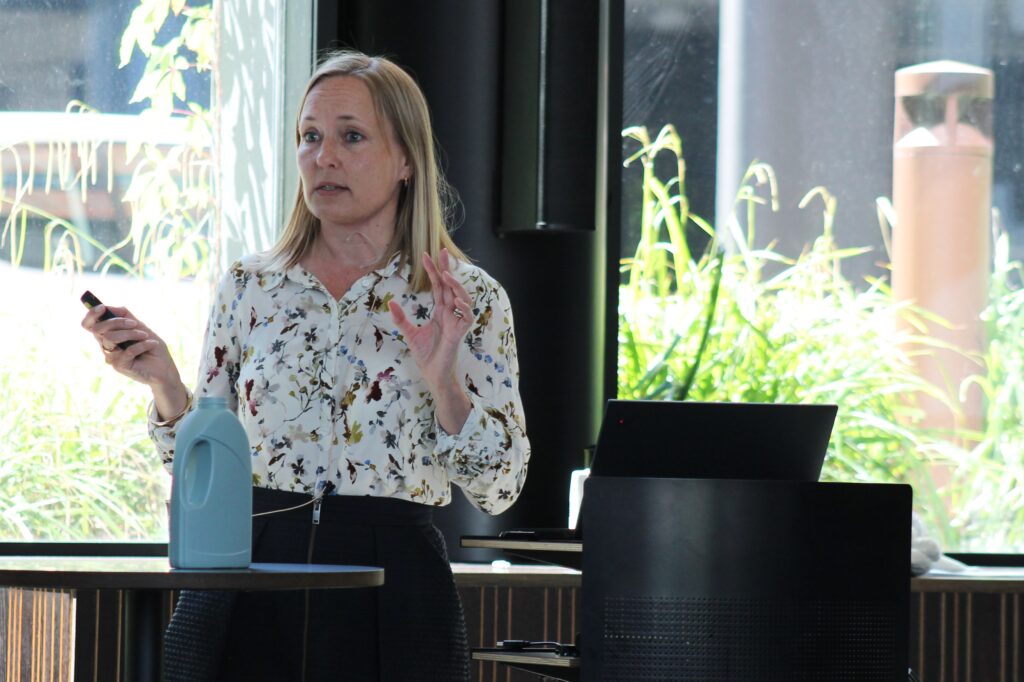
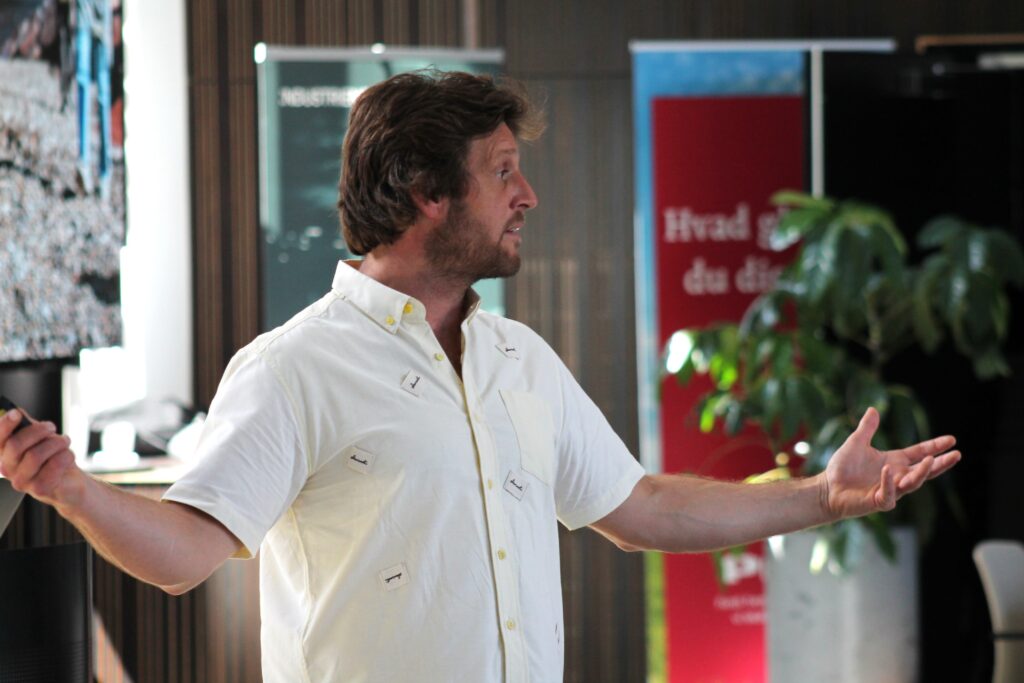
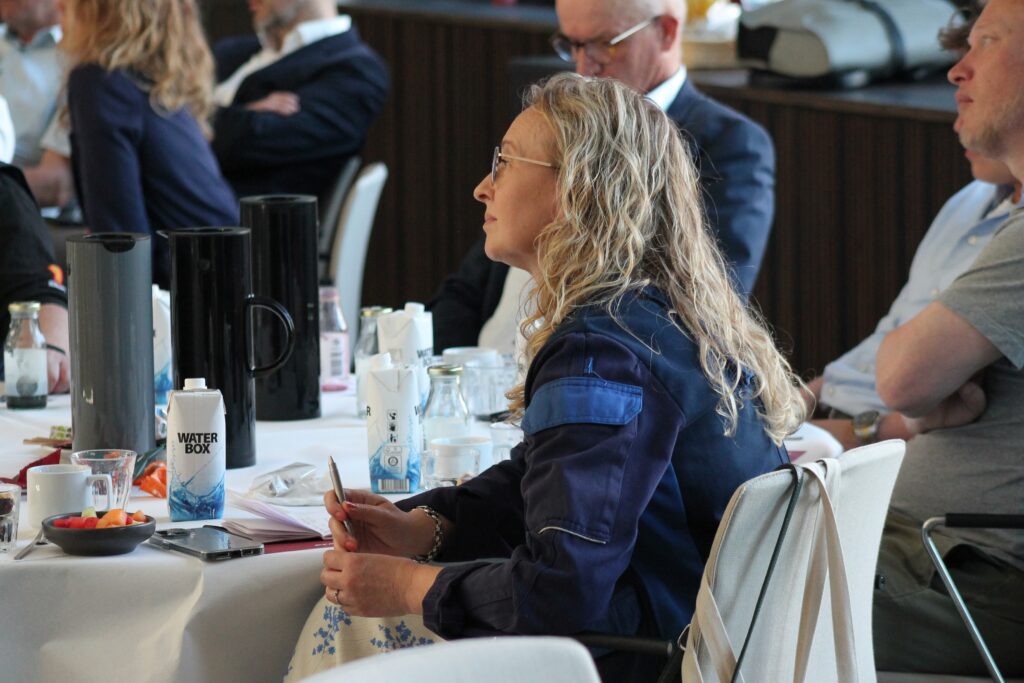
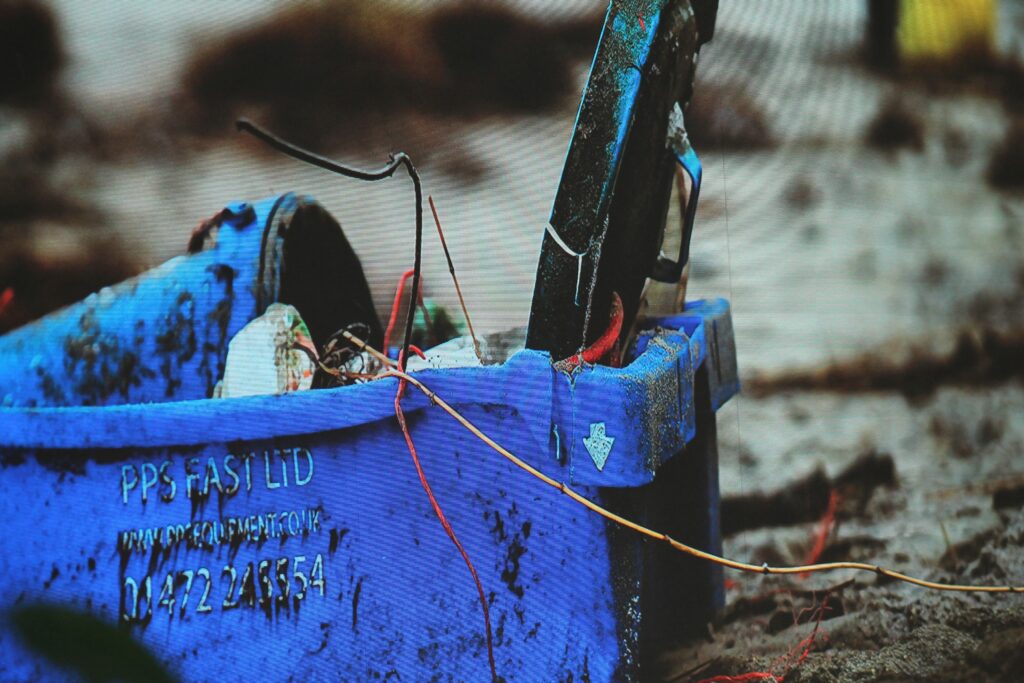
Thank you to everyone who took the time to spend the afternoon with us. At Ocean Plastic Forum, we are now looking forward to a new chapter after summer, and we are excited to share much more about all the exciting things that are about to happen.
Have a great summer!
